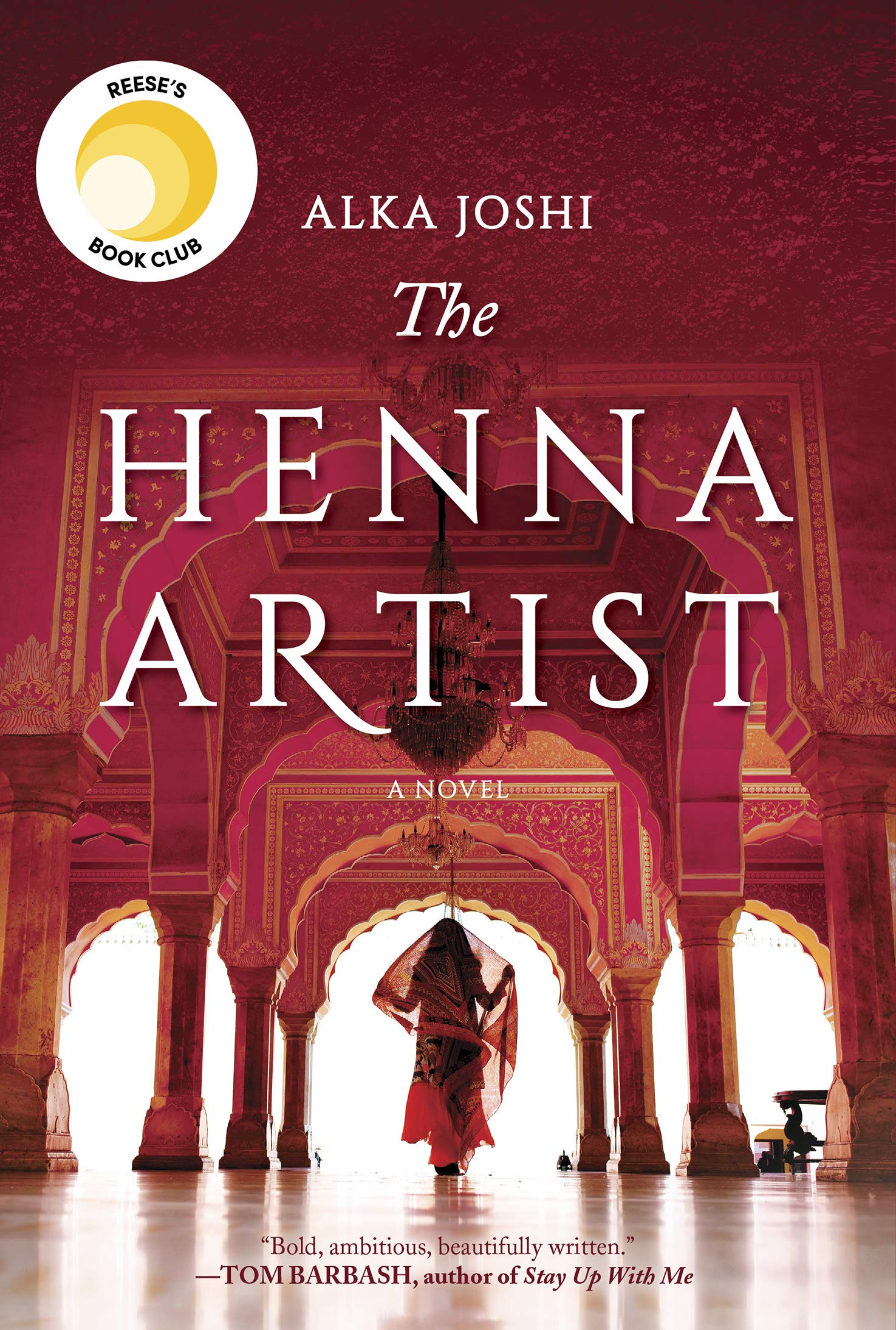
Key Insights & Memorable Quotes
Below are the most popular and impactful highlights and quotes from The Henna Artist:
“Success was ephemeral—and fluid—as I’d found out the hard way. It came. It went. It changed you from the outside, but not from the inside. Inside, I was still the same girl who dreamed of a destiny greater than she was allowed. Did I really need the house to prove I had skill, talent, ambition, intelligence? What if—”
“there were three kinds of karma: the accumulated karma from all our past lives; the karma we created in this life; and the karma we stored to ripen in our future lives.”
“People are more gullible and less compassionate than any of us want to believe.”
“Hadn’t Gandhi-ji said, An eye for an eye makes the whole world blind?”
“At this moment, sitting in front of this good, sensible woman, I wanted the thing I hated most in this world. Sympathy. Even more, I hated that I wanted it. Hated myself for my weakness.”
“He deserves paradise who makes his companions laugh.”
“Before independence, these objects had signified my ladies’ admiration for the British. Now, they signified their scorn. My ladies had changed nothing but the reasons for their pretense. If I had learned anything from them, it was this: only a fool lives in water and remains an enemy of the crocodile.”
“Independence changed everything. Independence changed nothing.”
“Just then, my mother’s words echoed in my head: stretch your legs only as far as your bed. I was getting too far ahead of myself.”
“In India, individual shame did not exist. Humiliation spread, as easily as oil on wax paper, to the entire family, even to distant cousins, uncles, aunts, nieces and nephews. The rumormongers made sure of that. Blame lay heavily in my chest. Had I not deserted my marriage, Radha would not have suffered so much, and Maa and Pitaji would not have been so powerless against an entire village.”
“If I had learned anything from them, it was this: only a fool lives in water and remains an enemy of the crocodile.”
“Independence changed everything. Independence changed nothing. Eight years after the British left, we now had free government schools, running water and paved roads. But Jaipur still felt the same to me as it had ten years ago, the first time I stepped foot on its dusty soil. On the way to our first appointment of the morning, Malik and I nearly collided with a man carrying cement bags on his head when a bicycle cut between us. The cyclist, hugging a six-foot ladder under his arm, caused a horse carriage to sideswipe a pig, who ran squealing into a narrow alley. At one point, we stepped aside and waited for a raucous band of hijras to pass. The sari-clad, lipstick-wearing men were singing and dancing in front of a house to bless the birth of a baby boy. So accustomed were we to the odors of the city—cow dung, cooking fires, coconut hair oil, sandalwood incense and urine—that we barely noticed them.”
“Success was ephemeral—and fluid—as I’d found out the hard way. It came. It went. It changed you from the outside, but not from the inside.”
“I felt my spirits lift. I would leave the map of my life here, in Jaipur. I would leave behind a hundred thousand henna strikes. I would no longer call myself a henna artist but tell anyone who asked : I healed, I soothed. I made whole. I would leave behind the useless apologies for my disobedience. I would leave behind my yearning to rewrite my past. My skills, my eagerness to learn and my desire for a life I could call my own - these were things I would take with me. They were part of me the way my blood, my breath, my bones were”
“Not once had I believed him capable of change. But if I could change, why couldn’t he?”
“My younger sister was lively and curious, which was good, but she was also untamed—and that could be a dangerous combination.”
“The one-eyed man is king among the blind,” I replied, smiling.”
“The poor weren’t the only ones imprisoned by their caste.”
“What is the use of crying when the birds have eaten the whole farm?”
“I wanted the thing I hated most in this world: sympathy. Even more, I hated that I wanted it. Hated myself for my weakness,”
“Maa was gentle, but firm. She was brought up to obey her parents and her husband, not to defy, question or contradict. She told me Pitaji’s books had filled my head with too many silly ideas. They had given me the useless notion that I could make my own decisions.”
“Samir Singh frequented the pleasure houses of Hazi and Nasreen whenever he had business in Agra. There, Muslim noblemen, Bengali businessmen and Hindu doctors and lawyers smoked hookahs, and ate and drank as the courtesans recited ancient poetry, sang sweet, nostalgic ghazals and performed”
“When the Goddess of Wealth comes to give you her blessing, you shouldn’t leave the room to wash your face. —Hindu Proverb”
“Saasuji once told me there were three kinds of karma: the accumulated karma from all our past lives; the karma we created in this life; and the karma we stored to ripen in our future lives.”
“I would leave behind the useless apologies for my disobedience. I would leave behind the yearning to rewrite my past.”
“He was committed to his ideals. Unfortunately, high ideals came with a price.”
“She expected from me what wasn’t mine to give. Forgiveness. Absolution. I was a stranger.”
“An eye for an eye makes the whole world blind?”
“There were three kinds of karma: the accumulated karma from all our past lives; the karma we created in this life; and the karma we stored to ripen in our future lives.”
“In India, individual shame did not exist. Humiliation spread, as easily as oil on wax paper, to the entire family, even to distant cousins, uncles, aunts, nieces and nephews.”


